AARP Hearing Center


11
“Excuse me,” the reporter said to the young woman hustling between tables
“Can I help you?” she asked, her brown eyes bright with youth, yet dim with a sorrow that told him she’d already had a hard life. “I was just thinking I might need to stay the night in town, so I can see these blackbirds for myself. I saw the motel was full. Is there any other place to stay nearby?”
“There’s a few places taking people in,” she said. “Let me check around, and I’ll get back to you.”
“I’ll be here,” he said.
Natalie
“Sixty-six, sixty-seven.” I stared at the stack of money on the table. I’d earned nearly seventy dollars in tips at the café today, on top of the hourly wage Anna Kate had paid me.
It was a start.
I put five dollars into Ollie’s piggy bank, put twenty in my wallet, and tucked the rest into an old metal watch box that I hid in my underwear drawer. Which, I quickly realized, was probably the first place a burglar would look, so I then moved it into the bathroom, under the sink. Much safer there, mixed among shampoo, soap, and bath toys.
I’d done some checking around and found a one-bedroom apartment in town that ran at four hundred dollars a month, not including utilities. I’d need first and last month’s rent as a deposit before I could even think about moving out of the little house—and out from under my mother’s iron fist. I’d need to eventually find a full-time permanent job as well.
Taking a deep breath to quell rising panic, I told myself finding another job was a worry for another day. For now, I’d squirrel away as much money as I could. The thought of building a nest egg appealed to me so much that I took the twenty out of my wallet and put it into the watch box, swapping it for a ten-dollar bill. Then I swapped that for a five.
Ollie sat on the floor of the living room, in the green Tinkerbell costume my mother had bought for her to wear to tonight’s moonlight movie. Pushing a dump truck loaded with blocks across the throw rug, Ollie didn’t look the least bit tired, even though it was closing in on bedtime.
Taking a moment, I simply watched her play and thanked my lucky stars that there had been no drama with the swimming lesson this morning. According to Mama, Ollie had taken to the water like a fish and had stayed in the pool with her long after the lesson had ended. All of which had been reported with a smugness I could’ve done without. It had taken every last ounce of maintaining some semblance of peace, as phony as it was, to keep my mouth shut. To simply say “Thank you, Mama, for keeping Ollie all day.”
I took another deep breath to settle my suddenly queasy stomach and tamp down my anger. Ollie was fine. Happy. Alive. No harm, no foul.
But how many lessons would it take for me to be okay with Ollie being near water? How long until the paralyzing fear subsided? Because right now, I didn’t see an end in sight.
Out the front window, I noticed my father walking toward the little house and suddenly had second thoughts about going with my parents to the movie at the courthouse tonight.
It seemed easier to stay here. Easier, that is, than dealing with everybody’s condolences and questions and Mama’s frostiness.
I pulled open the door before Daddy could knock. He stepped inside and handed me a plastic grocery bag.
I peeked inside. “What’s this?”
“Window alarms. I thought they might help set your mind at ease after this morning.” He bent and opened his arms wide, and Ollie went running toward him.
“Gaddy!” Ollie shouted.
It was her shorthand for “granddaddy.” I was learning that toddlers were quite inventive at creating words.
“Well, aren’t you the prettiest thing I’ve seen all day,” he said to Ollie, fluffing the gossamer petals of her costume’s skirt. “You know what’s missing, though?” From his pocket he pulled out a hand-carved, scarred green tractor, its finish worn thin from use and time.
Her face lit up. “Tactor!”
He said, “That tractor was mine when I was a boy, then AJ’s. I thought it was time to pass it on to someone who would love it as much as we did.”
Ollie happily dumped the blocks out of her dump truck, then set the tractor in the truck’s bed. She pushed both around the rug, running over the blocks in her path.
My chest swelled with emotion. This was why I’d moved back, I reminded myself. This was what made the aggravation and fights with my mother worth it. For Ollie to have these little connections to my family. If I had stayed in Montgomery, that beloved tractor would have remained a dusty relic on AJ’s bedroom shelf. Because Ollie and I had come here, a piece of my daddy and my brother would now have a place in Ollie’s heart. In mine as well.
“Thank you,” I said, trying to keep my voice steady. “She already loves it, as you can see.”
He rocked on his heels. A sure sign something was on his mind. I waited him out and he finally said, “Heard you did some waitressing today.”
“I’d say a lot of waitressing. The café was packed.” I fussed with the stacks of fabric samples I’d laid out on the countertop. I planned to work on Faylene’s headband order after Ollie went to bed. “So Mama knows too, then?”
“She received six calls, three emails, and a bouquet of flowers from concerned friends, all before eleven o’clock.”
Sometimes I despised small towns. “Yet Mama didn’t mention a single word about it when she brought Ollie home earlier.”
“Did you want her to?” When I didn’t answer, he added, “What are you doing, Natalie? Why are you working at the café, knowing how your mother would likely feel?”
My skin heated. “I went there to buy a piece of pie, but there wasn’t any today. I stayed because I need a job much more than Mama needs her pride.”
Lord knew there was a time I would’ve set out to make my mother miserable on purpose, but I was past that. I wanted peace—and was willing to give up a lot to make that happen.
Just not this.
“If you need money .... ”
“I need to earn my own money.”
“I see,” he said after a moment. “And Ollie?”
“I’ve made arrangements with Faylene Wiggins.” She had been more than generous to take on watching Ollie a few days a week. We’d argued for a good five minutes about me paying her—she’d been set on doing it for free—but finally she agreed to take my money. It wasn’t anywhere near the going rate for babysitting or daycare, but it was enough to make me feel like I wasn’t freeloading. “Faylene keeps her granddaughter a couple of days a week, so Ollie will have a friend to play with.”
“You do know you could have asked your mother.”
I crossed my arms stubbornly. I could’ve asked my mother. I probably should have. But I hadn’t wanted to. It was as simple—and as complicated—as that. Instead of debating my decision with my father, I said, “It’s utter foolishness that someone sent Mama flowers. Flowers! Good Lord.”
He cracked a smile. “The flowers came with a sympathy card.”
“You’re kidding.”
“Sadly, no.”
I couldn’t help but laugh. It was either that or lose my mind. “Honestly, I didn’t set out to disappoint Mama yet again, but I don’t see anything wrong with working at the café. Or getting to know Anna Kate. She’s family. This feud with the Callows has gone on long enough.”
Ollie rolled the tractor over our feet, then up the side of the coffee table. She was babbling in her own language as she did so, completely oblivious to the strife around her.
I longed for that kind of peace of mind.
It was he who dodged the debate this time by saying, “You went to the café for a piece of pie? Blackbird pie?”
“That’s right,” I said, hearing the defensiveness in my own voice. “No need to make a big deal about it.”
“Who’s making a big deal?” he asked casually. Obviously, he’d picked up on the defensiveness, too.
Ollie drove the tractor over the back of the couch, and I tried my mightiest to focus on the good in my life.
Daddy started rocking on his heels again. Sticking his hands in his pockets, he said, “I happened to speak to a colleague in Fort Payne this afternoon. She has an appointment available next Thursday if you want it.”
Instantly suspicious, I said, “What kind of colleague?”
“A counselor.”
“What kind of counselor?”
“A grief counselor.”
I clasped my hands together and prayed to the good Lord above for patience. “I’ve had therapy.”
“It might be time for more,” he said calmly. “You said yourself you’re still having nightmares. And I heard you had some sort of panic attack in town this morning.”
“You’ve been hearing lots today, haven’t you? Who told you?” So help me if he’d received flowers, too.
“Does it matter? Were you clinging to a lamppost, white as a sheet, or not?”
Embarrassment set my cheeks on fire. “ ‘Clinging’ seems a little overexaggerated. I was merely holding on to the lamppost. Tightly.”
“When did your panic attacks come back?”
I didn’t want to admit that they’d never entirely left, so I shrugged in answer.
He gave me a pointed look. “Also, let’s not forget that fight with your mother yesterday …”
“Which was about her controlling nature, not anything to do with grief.”
“Is that so?”
“The decision about swimming lessons should have been mine to make. No one else’s.”
“I agree,” he said.
“Then why didn’t you side with me last night, when you heard Mama and me arguing?”



























































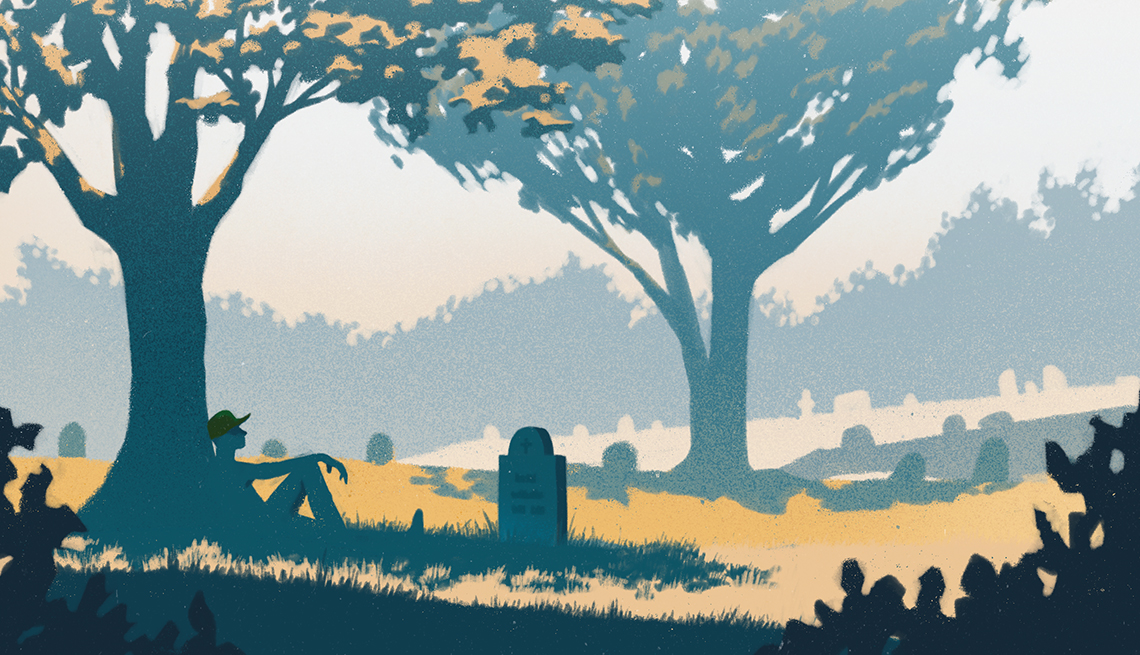
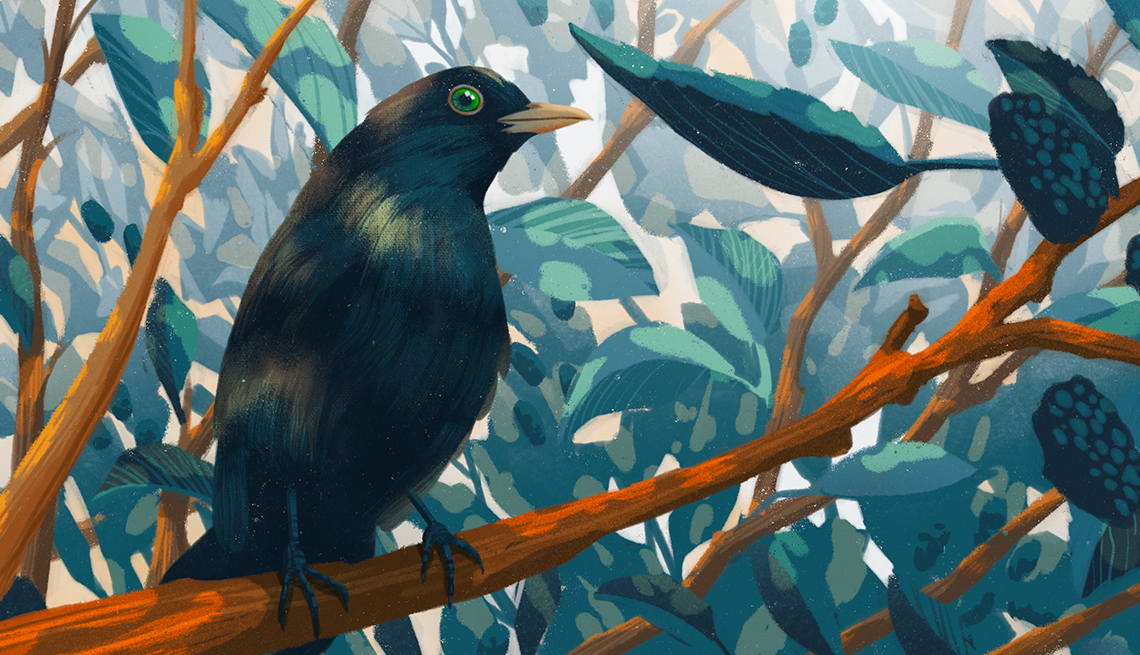
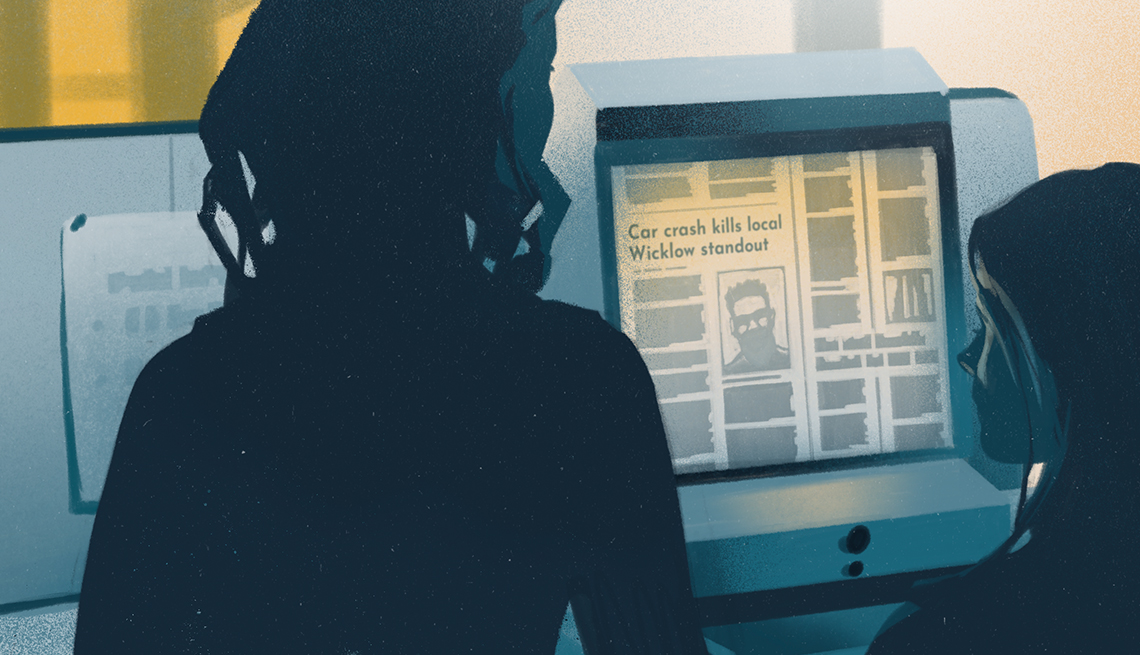
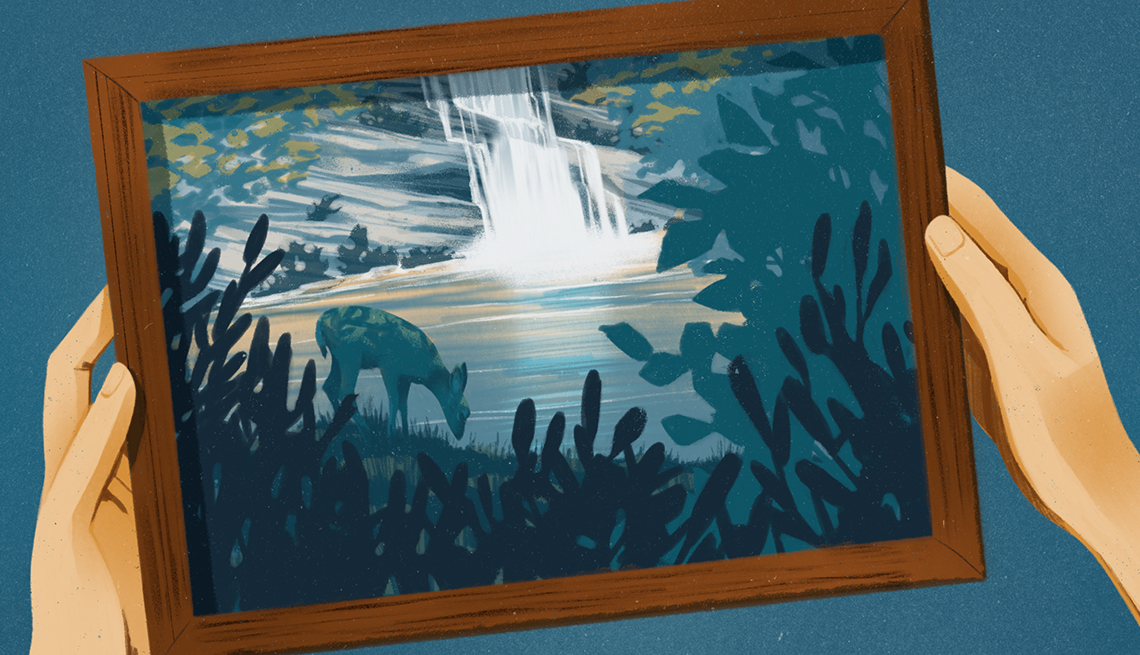
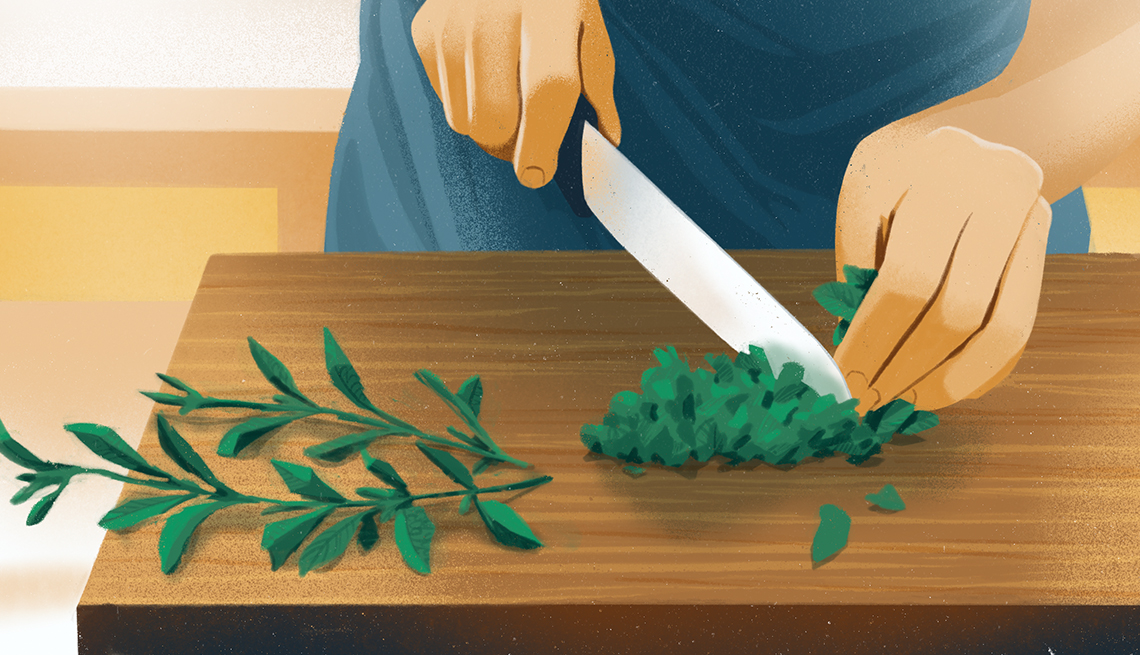

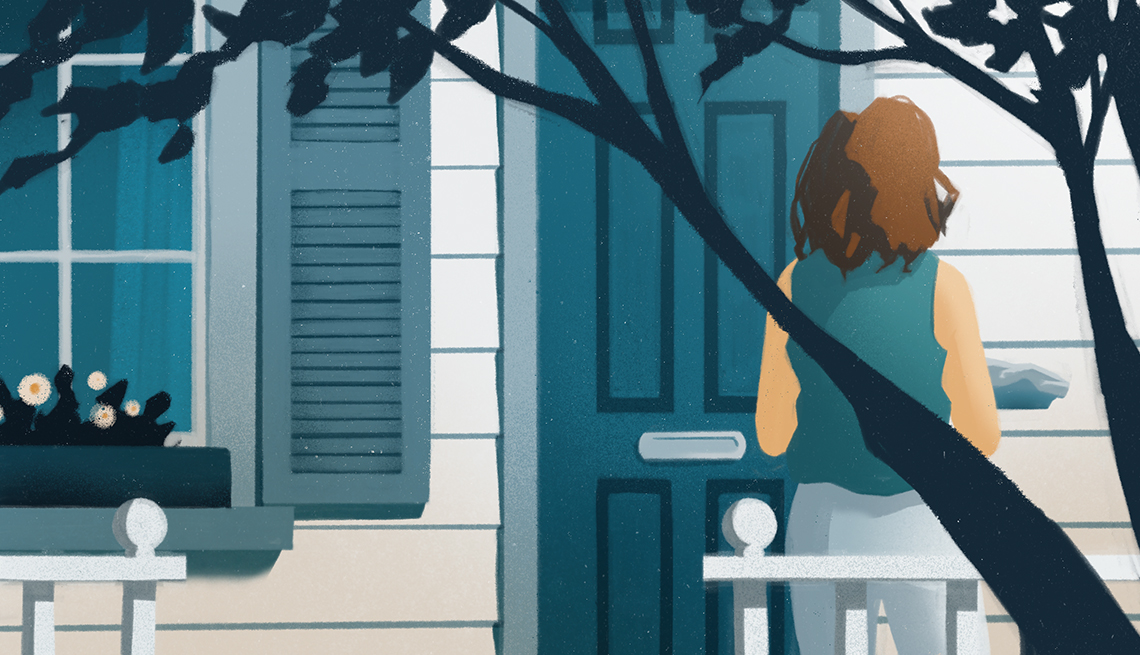
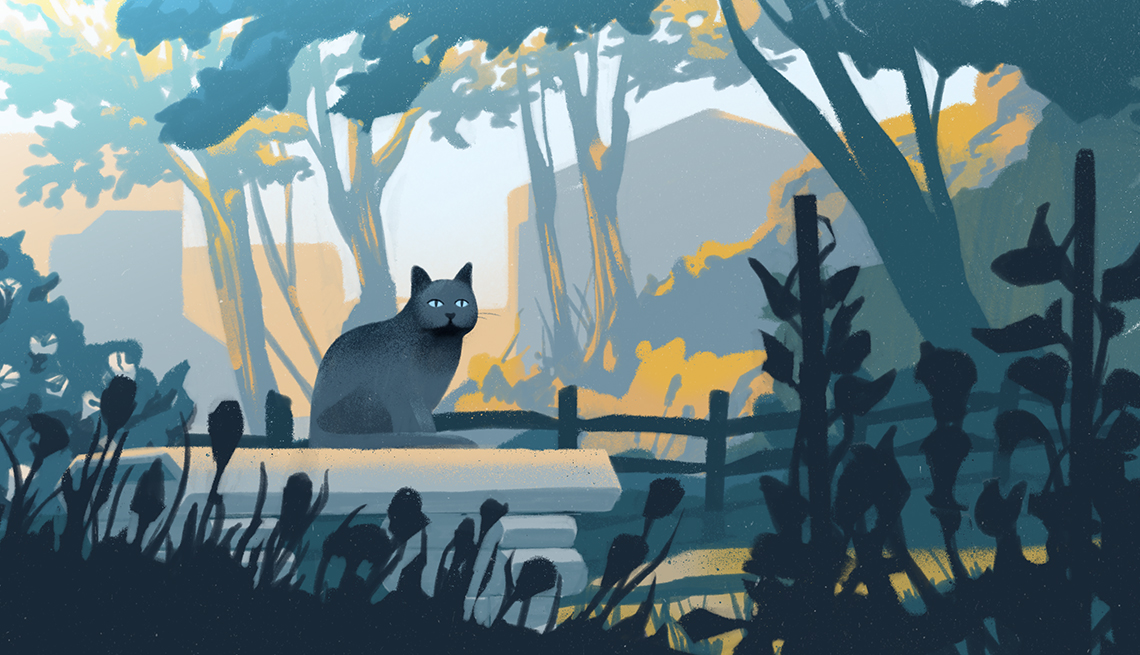
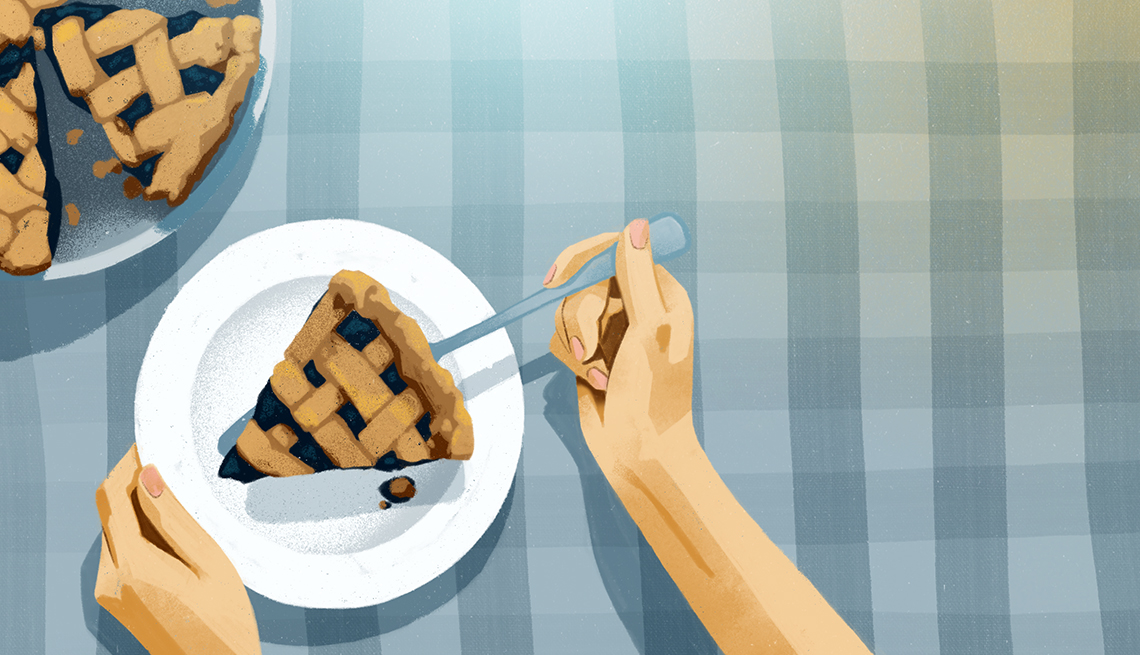
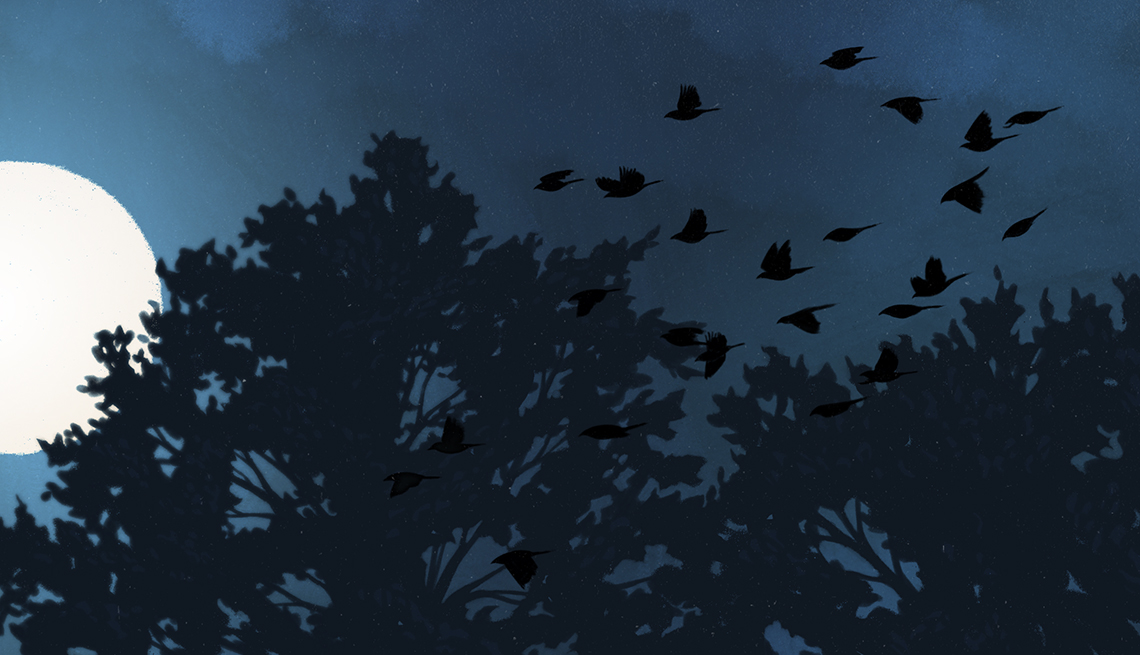
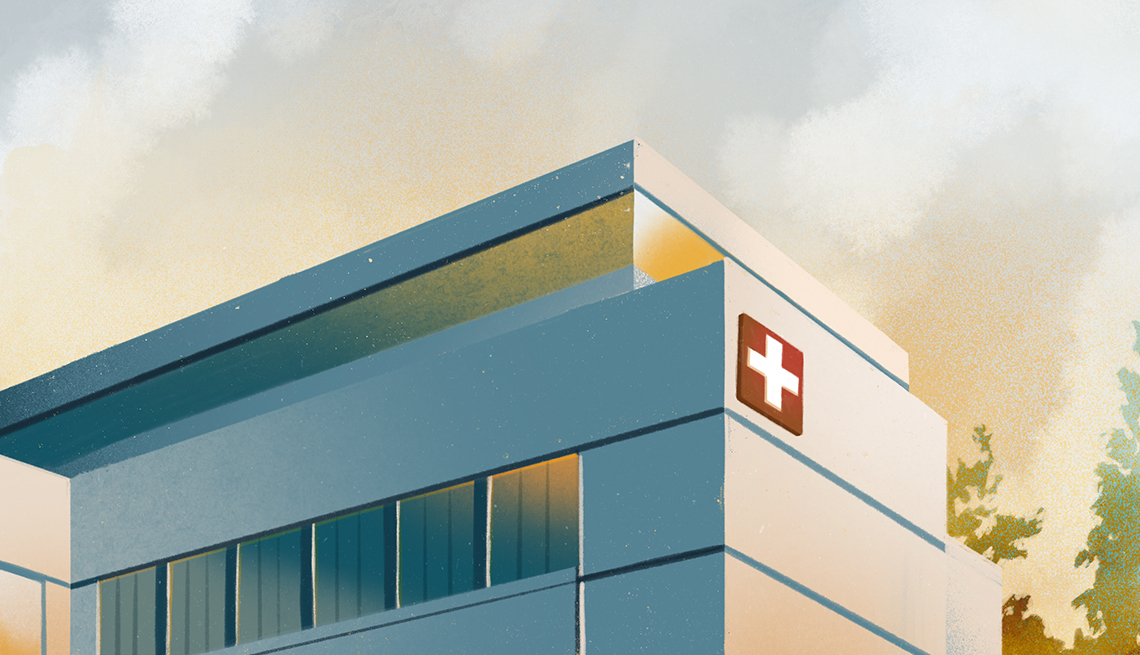
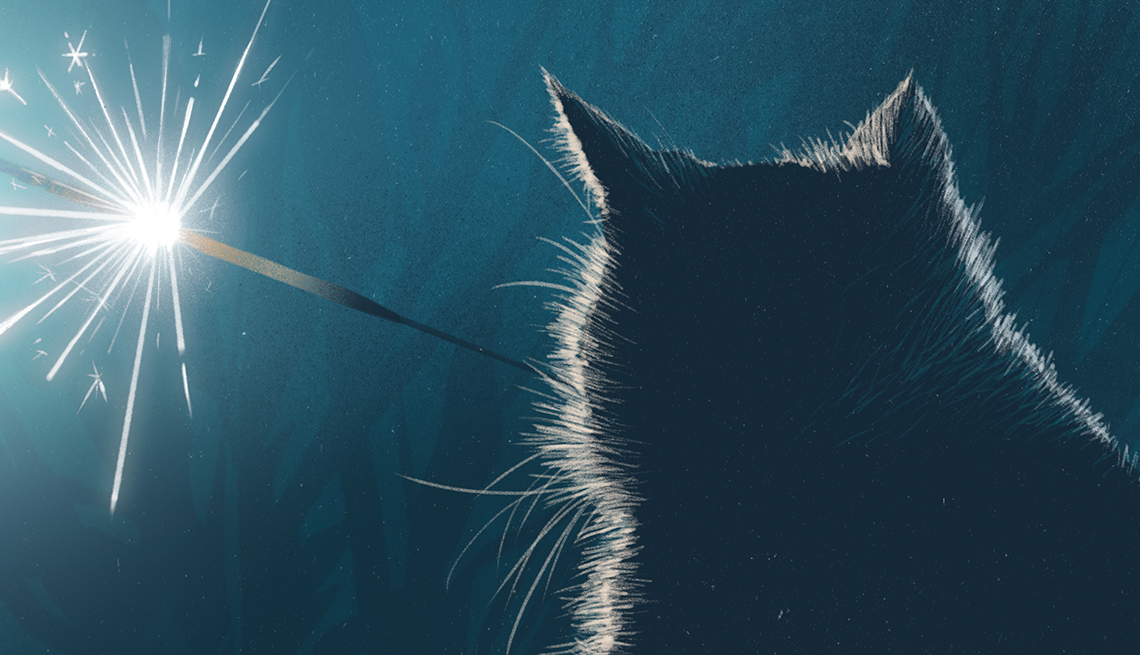
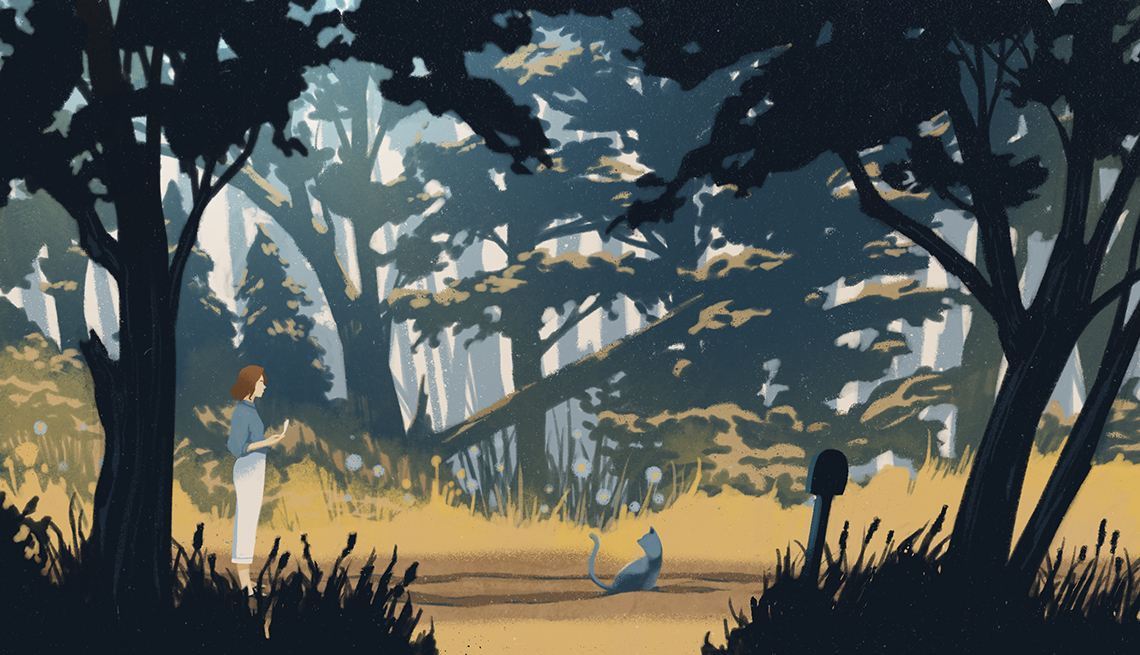
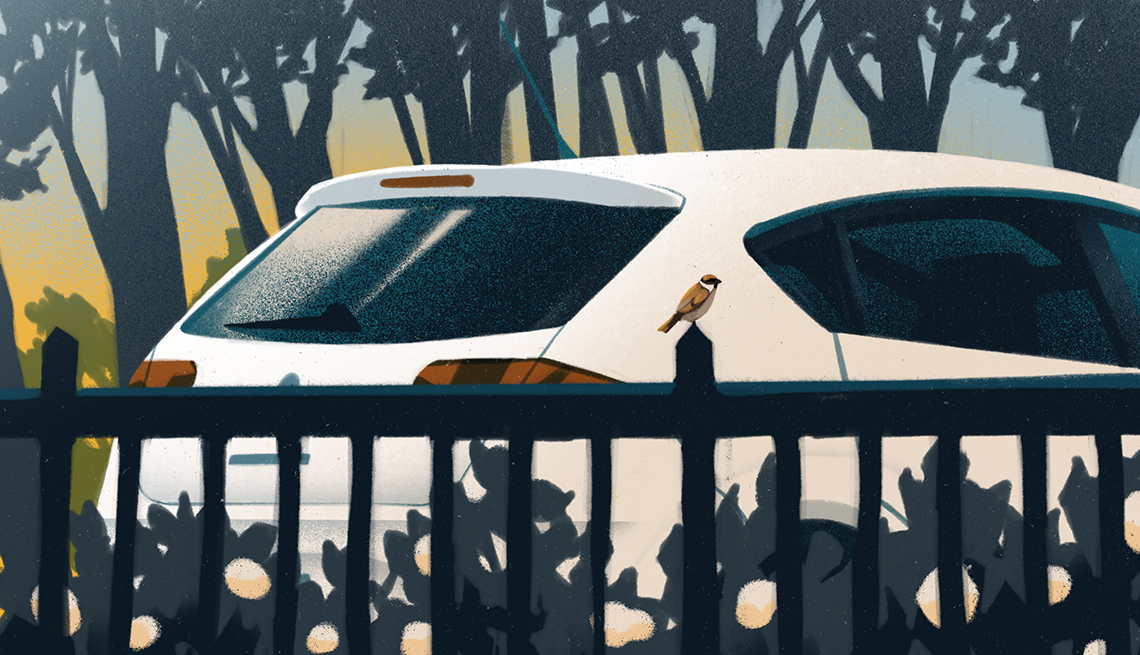



More From AARP
Free Books Online for Your Reading Pleasure
Gripping mysteries and other novels by popular authors available in their entirety for AARP members